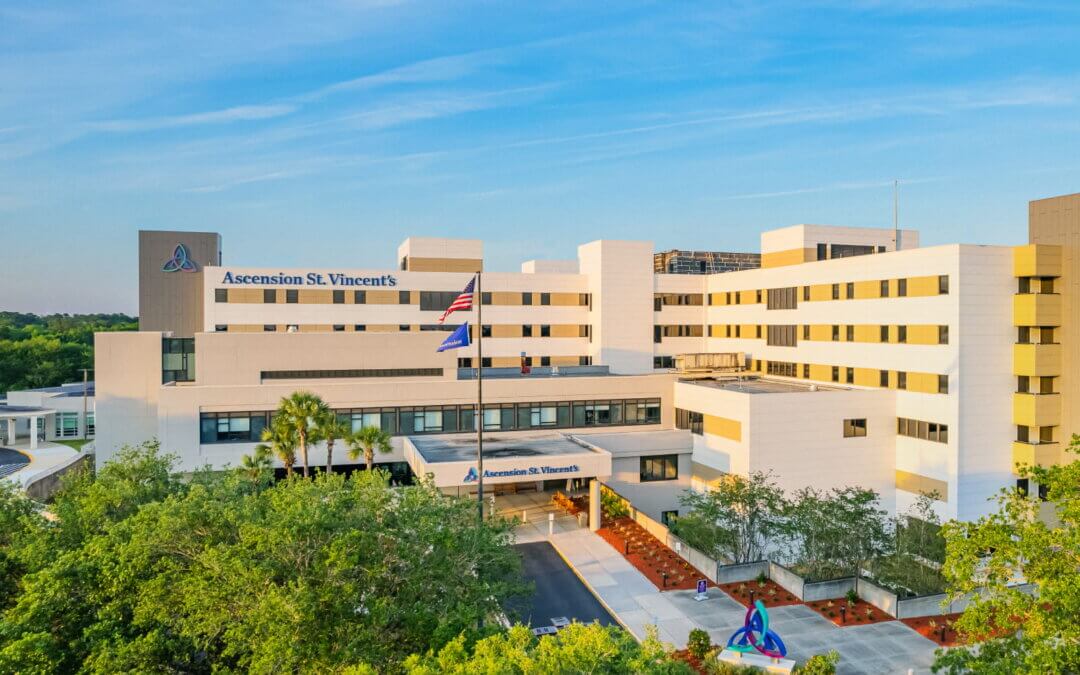New technology is available at Ascension St. Vincent’s Riverside to treat AFib (Courtesy of Action News JAX) — Ascension St. Vincent’s Riverside is the first health system in North Florida to offer a new pulsed field ablation technology, that can treat patients with a heart condition and atrial fibrillation.
AFib is an irregular heartbeat that puts patients at risk for serious health issues like heart failure and stroke.
Just over 2 years ago, Mike French noticed something was not right.
“I was riding a stationary bike, got off the bike and my heart rate didn’t go down,” said French. “It stayed in the 160 to 180 range.”
Mike went to the emergency room and was diagnosed with AFib. He spent two years in and out of AFib, something he said was a real nuisance.
“It was a real pain,” said French. “And it affected my ability to work out.”
After a visit with a cardiologist, Mike signed up to get the new ablation procedure done, which uses technology to help treat AFib.
“This makes the procedure much, much simpler,” said Dr. Saumil Oza, a St. Vincent’s cardiologist. “It makes the time of the procedure go down, the safety of the procedure improved, the experience of the patient is much better.”
Instead of burning or freezing tissue, the new technology uses energy to eliminate abnormal tissue and helps get the heart beating back to normal again.
“It only affects heart tissue,” said Dr. Oza. “It doesn’t affect any tissue that’s around the heart.”
So far, they have done the procedure several dozen times.
“I can offer this to many more people,” said Dr. Oza. “When the risks of a procedure go down, you can actually treat people earlier in the disease.”
With this treatment, Mike is now 2 months free of AFib and ready to start training for a Triathlon.
“I am so lucky that they were able to use this new procedure on me,” said French. “I don’t think I’ll have to go in for a second treatment.”
Dr. Oza said after the age of 70, about 15% of people develop AFib.
And after the age of 40, you have a 1 and 4 chance of developing AFib.
Photo courtesy of Ascension St. Vincent

